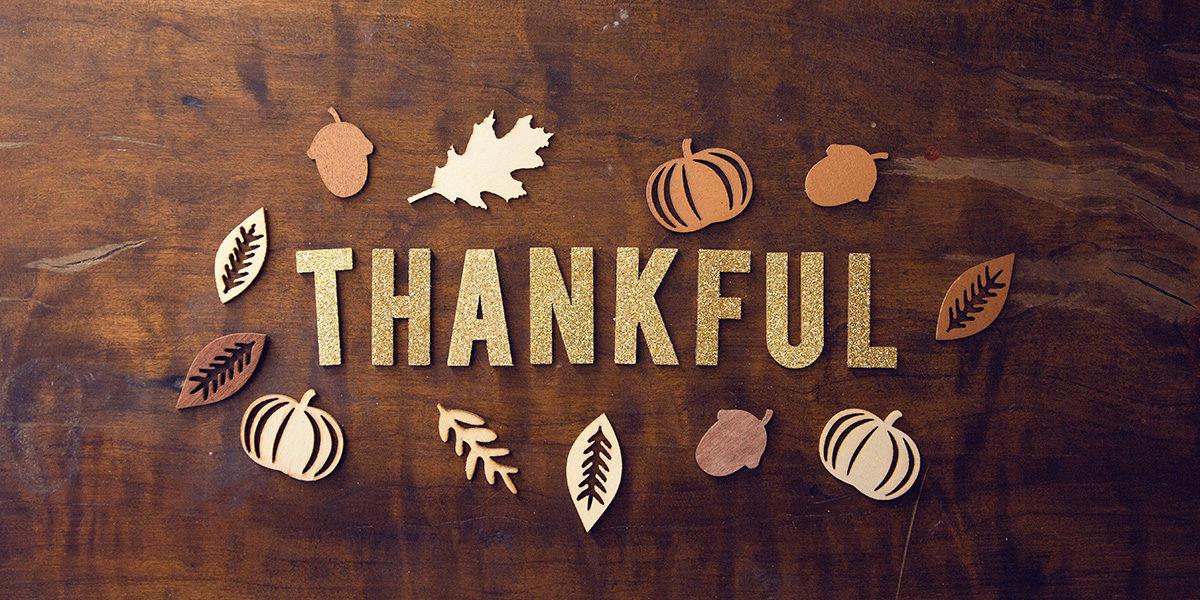Our daily commutes say a lot about who we are. Whether we are driving to work, the grocery store, or the park, we can learn a great deal from the way our minds function when we travel. Some people use the time to reflect on their week, while others turn the music up and try not to think at all. Still others are harried by long to-do lists or dangerously sidetracked by their phones. The common denominator is an overall sense of distraction. Unless someone steps into traffic, our fellow citizens blur into the background and become a part of the periphery.
When someone does stumble from the periphery and into the limelight – perhaps similarly distracted, perilously inebriated or desperate for help – how do we react? Perhaps we swear. We may focus on how we have been inconvenienced. We might perceive the behavior as a personal affront. Instead of viewing these situations as opportunities to count our blessings or display compassion for our fellow man, we often fixate on our own stress.
It is for this reason that mindfulness is so important to both recovery from substance use disorder and our overall humanity. The word mindfulness often evokes an image of someone sitting on a yoga mat. While that is certainly one way to be mindful, there are myriad others. What we tend to overlook most is how mindfulness is an essential component of maintaining an attitude of gratitude. Substance use disorder is marked by pervasive negative thinking. We must, therefore, be mindful of our thoughts so we can shift them from negative to positive. Gratitude is the quintessence of positive thinking.
Gratitude: the Principle v.s. the Practice
There’s a big difference between firing off a list of nice things and feeling a genuine sense of gratitude. This can be especially difficult in early recovery. When you are only just removed from a vicious cycle of substance use – and perhaps experiencing additional grief and loss – it can be hard to see the silver lining. Process CEO, Justin Etling, reminds help seekers that their presence in treatment is a sign of prosperity. While no one wakes up and says, “I think I’d like to go to treatment today,” a highly structured recovery environment provides a jumping off point for new life and healing. It may feel overwhelming and uncomfortable, but this is the very nature of rebirth.
When you first start writing a gratitude list, you won’t necessarily feel an emotional connection. Recovery, however, is not a noun, it’s a verb. The integration of a felt sense of gratitude requires practice. It’s important to start writing. Over time, the action of writing will rewire your brain. The brain is wired by interaction with the environment. Writing engages your brain on an interactive level. That’s not to say conversation isn’t beneficial – the benefits just aren’t as enduring. Writing additionally helps you target areas of the brain responsible for neuroplasticity. What is neuroplasticity? It is the brain’s ability to adapt in response to interactions with the environment; in other words, it is our ability to create new neural pathways.
For some, finding things for which to express gratitude can be too monumental a task. Even if you are in treatment and technically “okay”, it may not feel okay at all. It takes time to feel safe and reestablish the mind-body connection. One way to reframe gratitude is to describe things that make you happy. Gratitude doesn’t have to extend only to the present moment. Reframing gratitude this way can help us mindfully shift our attention to the details. Our greatest joys often occur in the simplest moments. When we think about the little things that make us happy, we not only shift our focus to pleasant memories, but we also give ourselves incentive to push forward; after all, if we enjoyed those moments in the past, we can enjoy similar experiences in the future.
To engage in this exercise, create a list entitled “One Hundred Things That Make Me Happy”. Try to add 3-5 items every day. Think about objects or experiences that typically escape your awareness. For example, perhaps you love a hot cup of tea on a rainy morning or the feeling of anticipation before vacation. Or maybe you love the way the sun sets on winter snow. Does your pet do something that makes you laugh? Does someone in your life give the best hugs? Utilize your five senses. What scents do you love? Coffee? Leaves? Sea salt? What are your favorite flavors? Push yourself beyond the usual rote gratitude responses.
Time and again, people in recovery talk about how they stopped looking at the sky, the flowers, and each other. Gratitude helps us become mindful of all these things and reestablish our lost connections.
Gratitude Paves the Way to Empathy
Whether you are in recovery or not, as you engage in a gratitude practice, you may notice that you react differently to mild inconveniences. When people cut you off in traffic or stagger from the sidewalk, you may stop and consider the circumstances with a greater gentleness of spirit. Maybe these individuals are homeless, hurting, sick, or simply having a bad day. An awareness of your own blessings may sensitize you to the lack experienced by others. Rather than staying stuck in the mire of your own thinking, you might step outside yourself and into someone else’s story. The more you practice mindfulness in your own life, the more compassionately aware you become of others.
Are you struggling with drug and alcohol use? Please call (888) 649-1149 or contact us here.
Autumn Khavari is the Process Recovery Center’s in-house writer. She received an education in Substance Use Counseling from Beal College in Bangor, Maine.



